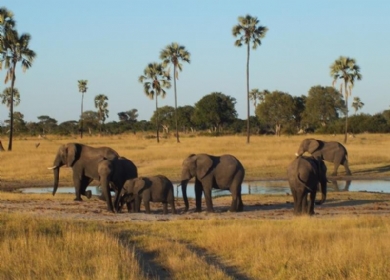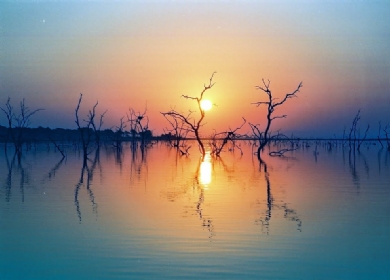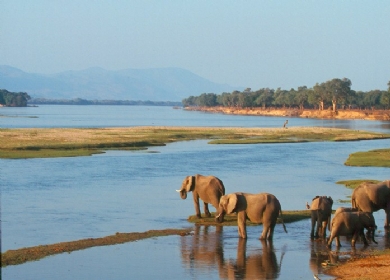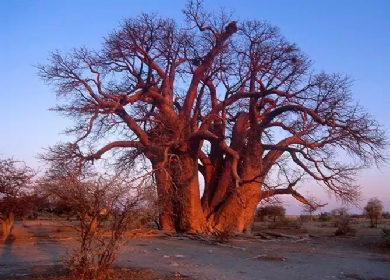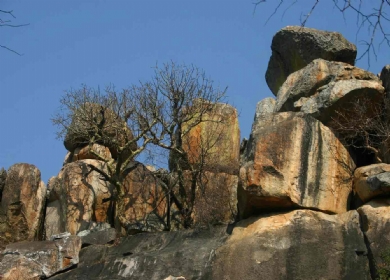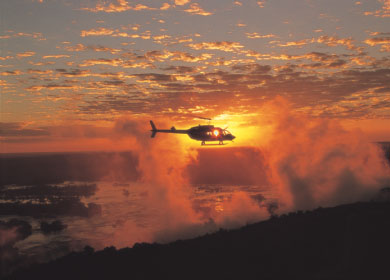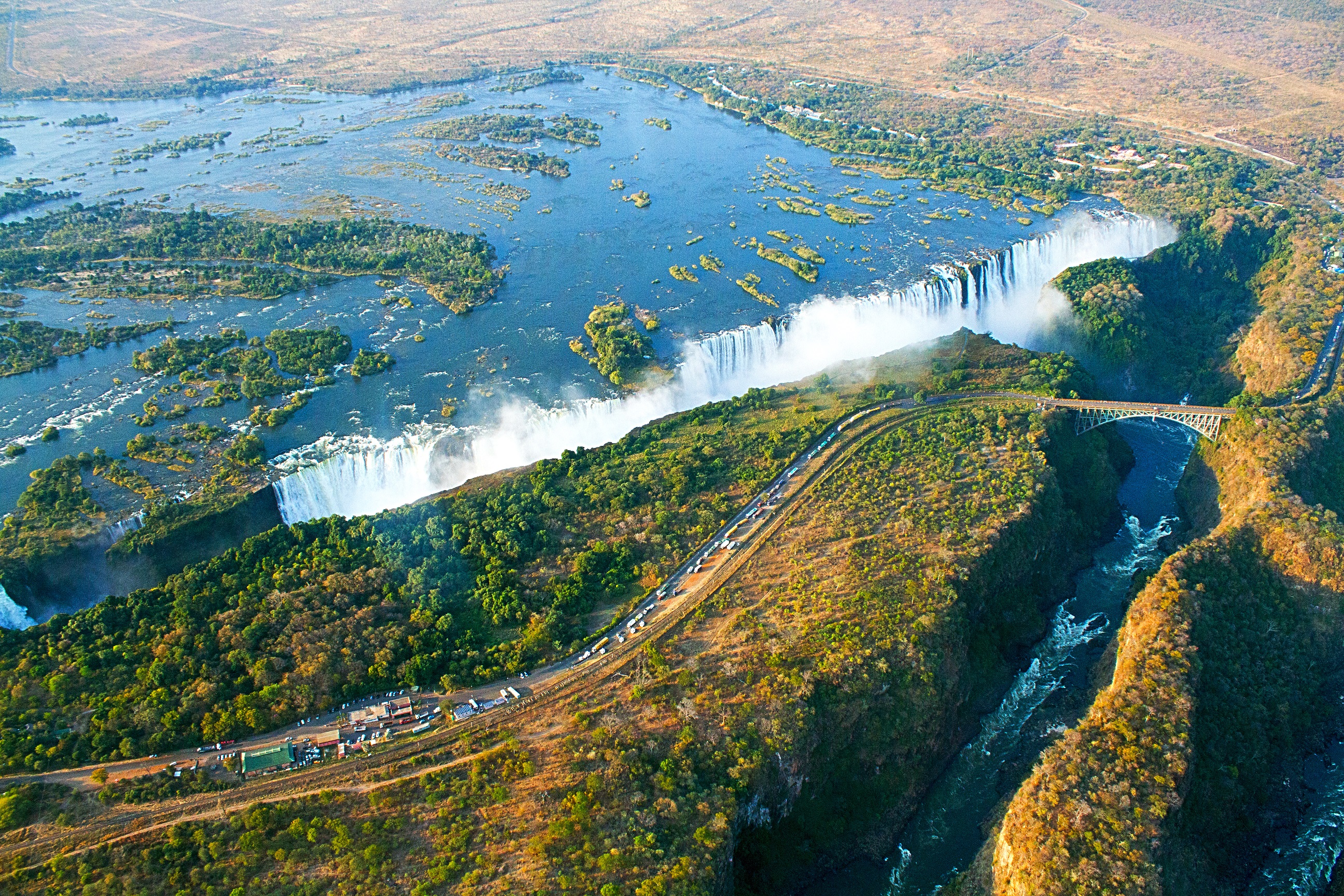
Zimbabwe - a treasure trove of breathtaking wilderness, vibrant wildlife, and awe-inspiring natural wonders. From the iconic Victoria Falls, where the mighty Zambezi River plunges into dramatic gorges, to the serene waters of Lake Kariba and the untamed beauty of Hwange and Mana Pools, Zimbabwe is a safari destination like no other.
This remarkable country offers an unparalleled diversity of experiences. Explore the vast savannahs of Hwange National Park, home to one of the largest elephant populations in Africa, or paddle along the tranquil channels of the Lower Zambezi, where hippos and crocodiles linger at every turn. Thrill-seekers will delight in world-class canoeing and white-water rafting, while nature enthusiasts will revel in walking safaris led by some of Africa's most experienced guides.
What truly sets Zimbabwe apart is its people. Warm, resilient, and welcoming, Zimbabweans add a unique vibrancy to every journey. Their deep connection to the land and dedication to conservation make every visit more meaningful.
Whether you're drawn by the roar of Victoria Falls, the call of the wild, or the chance to experience one of Africa's most storied landscapes, Zimbabwe promises an adventure filled with wonder and unforgettable moments.

